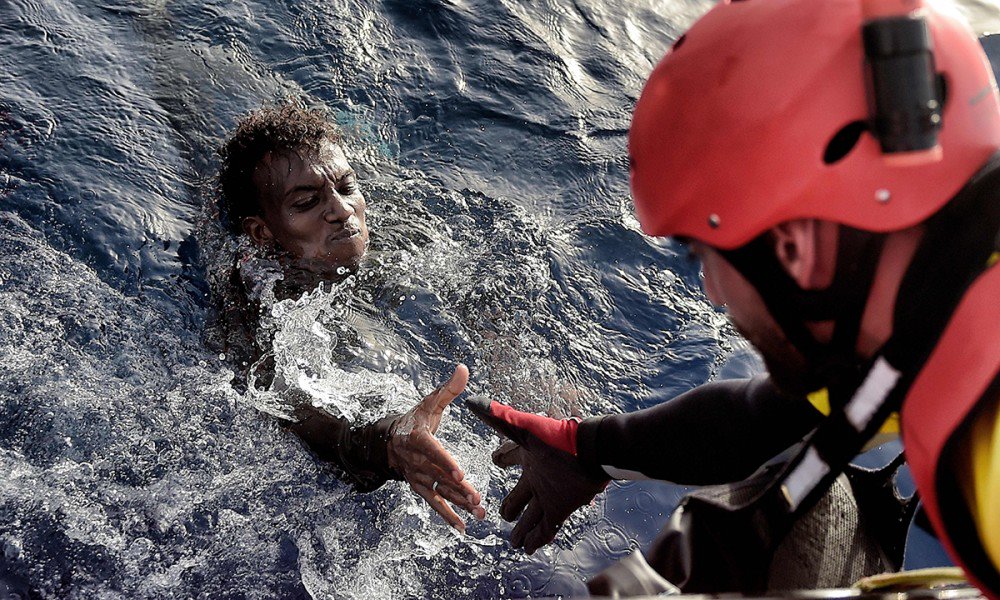Drone strikes practice: assessing ius in bello proportionality
A cura di Dott.ssa Giada Tombesi, praticante avvocato.
Over the last decades, the use of armed drones has become a central issue in international security. To date, we are witnessing a drastic modification in the operational deployment of unmanned aerial vehicles consisting in a transition from a surveillance and reconnaissance use, to offensive activities, considering that UAVs are now equipped with weaponry kits able to strike enemy’s targets.
Respect for fundamental international legal principles is constantly challenged by technological evolution. Despite the high expectations, however, the practice of drone strikes fails to keep the promise of great precision, raising severe concerns.
Drones aren’t to be considered as inherently unlawful, however, their own characteristics, such as the ability to access particular areas at no risk for their pilots, may stretch to a certain extent the rules governing the use of force as known today. It is therefore spontaneous to ask ourselves if the absence of reciprocity in danger should lead to a vision of the attack conducted with drones as execution, rather than method of conduction of armed conflict.
The technological evolution along with unmanned systems and, accordingly, the use of armed drones, should be meant to increase precision, succeeding in the killings of terrorists whilst minimizing civilian casualties. But how should drones measure proportionality? Today the ability of armed drones to meet international standards, such as distinction and proportionality, is a matter of contention and, as a consequence of technological progress, the legality of targeted killings is progressively becoming one of the central topics of attention of international law.
Logical repercussion of this technological evolution is the de-humanization of war, leading to the removal of human beings from war scenarios, increasing the autonomy of weapons and giving birth to what we may call “virtual war”. The actual risk is the development of an increasing “play-station mentality”, characterized by an overturning of the dynamics that have always categorized military conflicts. The battlefield of tomorrow will no longer be marked by the presence of soldiers as known today, and, in the next future, it will not even be possible to exactly define the perimeter of war participants.
Scarica il contributo completo
* Il presente articolo scientifico è stato sottoposto a referaggio ai sensi dell’art. 3 del Regolamento della Rivista e pubblicato nel Numero 1/2019 della Rivista Semestrale di Diritto .




